

Expert advice to your questions about training, nutrition, recovery, and living the fitness lifestyle.
By Alexander Juan Antonio Cortes
Brandon: I’ve read anti-inflammatories inhibit recovery from exercise. Does this apply to all anti-inflammatories or only certain kinds? I’m concerned I might be limiting my muscle gains, since I take them a lot to manage the pain from old injuries.
Alexander Juan Antonio Cortes: Great question! Some years back, there were rodent studies that demonstrated a significant reduction in hypertrophy when they were given NSAIDS (nonsteroidal anti-inflammatory drug) versus a placebo. For the rodents, the hypertrophy gains were diminished by about 50 percent.
However, the same results never panned out in humans. One study that seemed to “prove” that NSAIDS inhibited muscle growth as never replicated again, which generally means the study results are bunk. Other studies later showed an increase in muscle hypertrophy, but these studies also used untrained or elderly subjects, so that has to be considered as well.
Overall, the current body of evidence is murky and I can’t say that it isn’t possible that taking NSAIDS could inhibit muscle growth. At the same time, though, if you consider the anecdotal evidence, there hundreds of thousands, likely millions even, of recreational lifters who use NSAIDS, and they have all built muscle mass. I can personally attest to knowing many professional physique athletes who use NSAIDS, and I cannot say it has hurt their muscular development in the slightest.
So at this point in time, I feel comfortable saying that they are safe to take and won’t hurt your gains.
Blake: What supplements do you recommend? I’ve been training for six years, and I’ve made gains in muscle mass and definition, but I’ve started to question if all the supplements I’ve gotten have really done anything significant. I went on a “stag vacation” for a week with friends in Ibiza, and we got in some awesome workouts together. No pre-workouts, no shakes, none of the pills I usually take. I felt great the whole week, ate reasonably, and then wondered why I was religiously taking so many pills daily. I didn’t feel any different not taking them.
AJAC: At this stage in my career, I recommend zero. But that requires context. I do not recommend against taking anything, rather, there is nothing outright that I generically recommend. Meaning I only recommend supplements if I feel that it would be useful. I do not espouse that any supplement is “required.”
On a physiological level, all the body’s nutritional needs can be satisfied with healthy eating. Recovery needs can be met with sleep. Energy needs are met with a combination thereof.
Could caffeine before training help? For sure, but that could be had from coffee. Could carbs and protein during training help with muscle growth? For sure, but having a pre-workout meal and drinking water mixed with some honey can do the same thing. Is whey protein great for muscle growth? For sure, but so is eating chicken and rice post-workout, and getting protein in at regular intervals.
Supplements are the lowest priority within the “pyramid” of nutrition. You have calories, macros, micros, meal timing and frequency, and then supplements. If you’re doing the first four, then taking supplements might make a negligible difference.
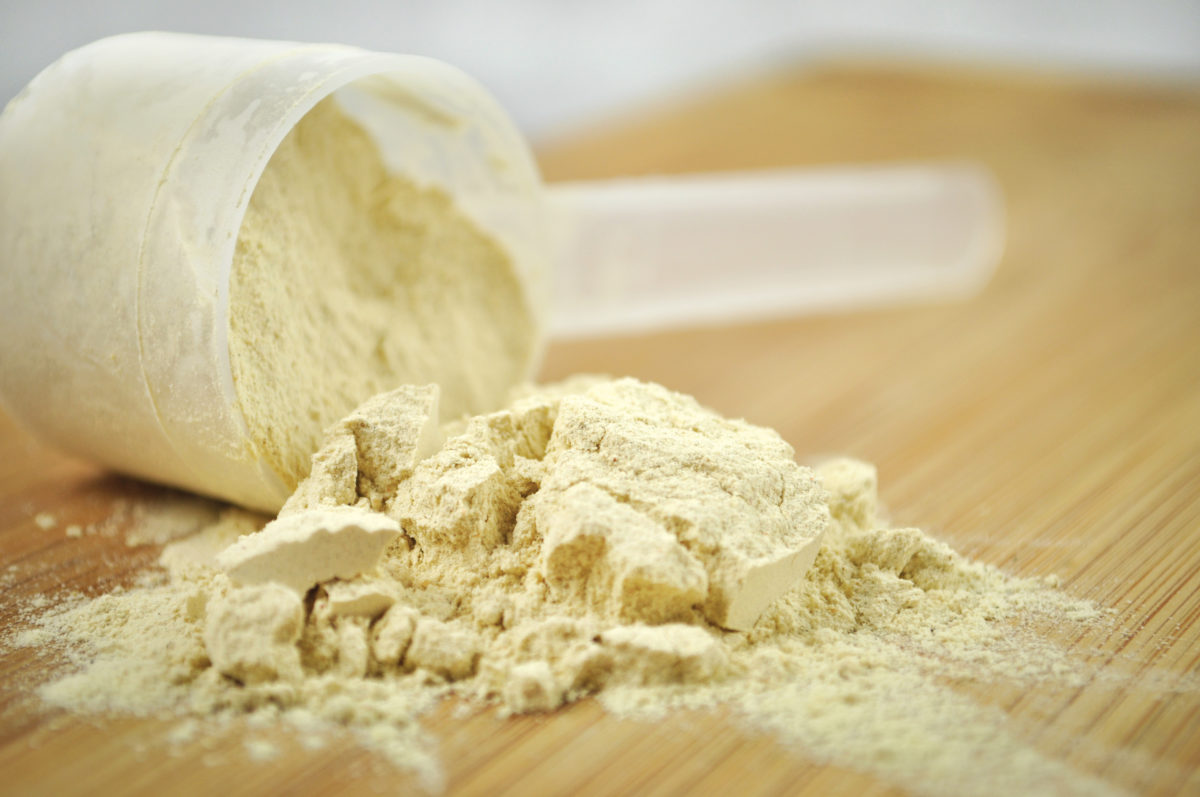
This is what I generally recommend:
-Whey protein
-Creatine
-Curcumin
-Magnesium
-Vitamin D3
Jared: I really don’t like doing cardio. If I make my workouts really fast paced and get my heart rate elevated, can that replace doing cardio?
AJAC: No, it does not. Physiologically, aerobic cardio (the slow stuff people hate) has about 100-plus health benefits that you only get from having your heart rate moderately elevated. One of those being it helps you recover from lifting in the first place.
Practically speaking, trying to lift weights faster just inhibits your progress long term, because you are limiting your loads and focus by limiting rest and rushing your sets. Metabolic training can be useful at certain times, but it’s not a general way to train all the time.
Keep in mind, cardio does not have to be done in high volume. Sixty minutes a week, which comes down to less than 10 minutes of walking a day, that is all you need to get the health benefits. Even two, 10-minute interval workouts will have a positive effect. So go for a walk a few times a week, or do some sprints.
Jogi: What are the best bodyweight movements for biceps?
AJAC: Biceps-dominant chin-ups are about all you have. I would question why you are avoiding free weights to build your biceps. Small muscles are best built with isolation work, and unless you plan on devoting several hours a day to gymnastics training, regular bicep curls with dumbbells and barbells are the most efficacious way to bigger arms.







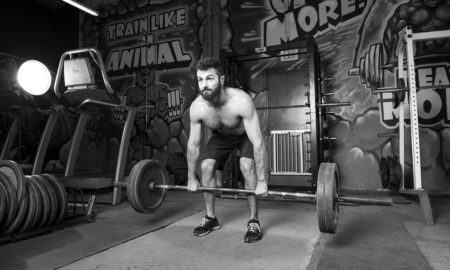











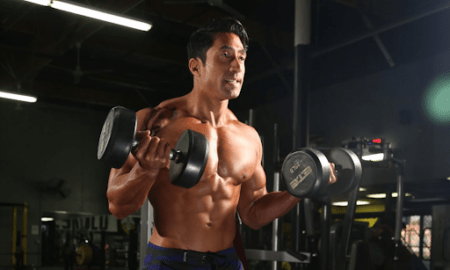
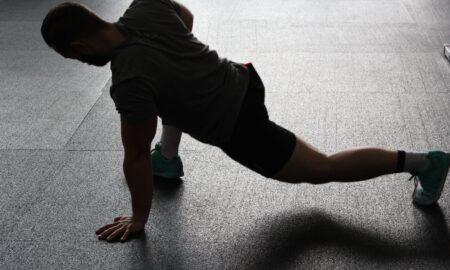
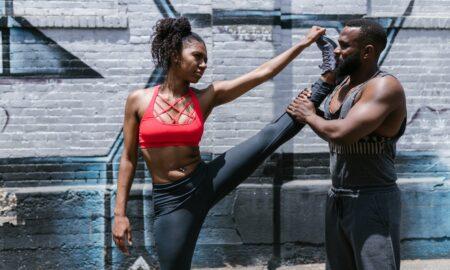
You must be logged in to post a comment Login